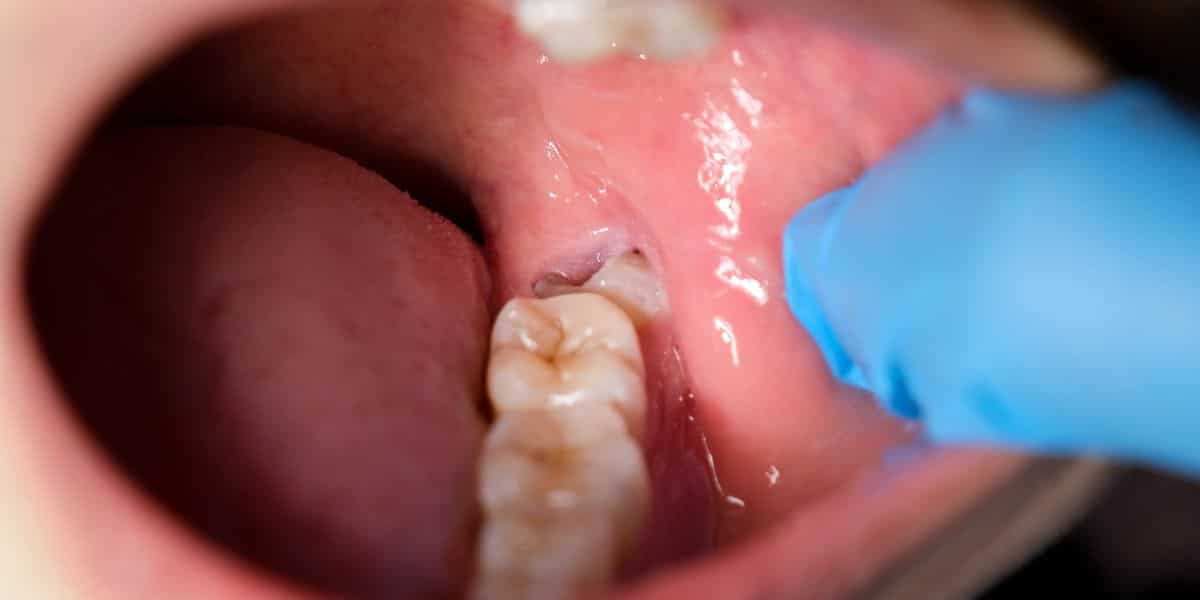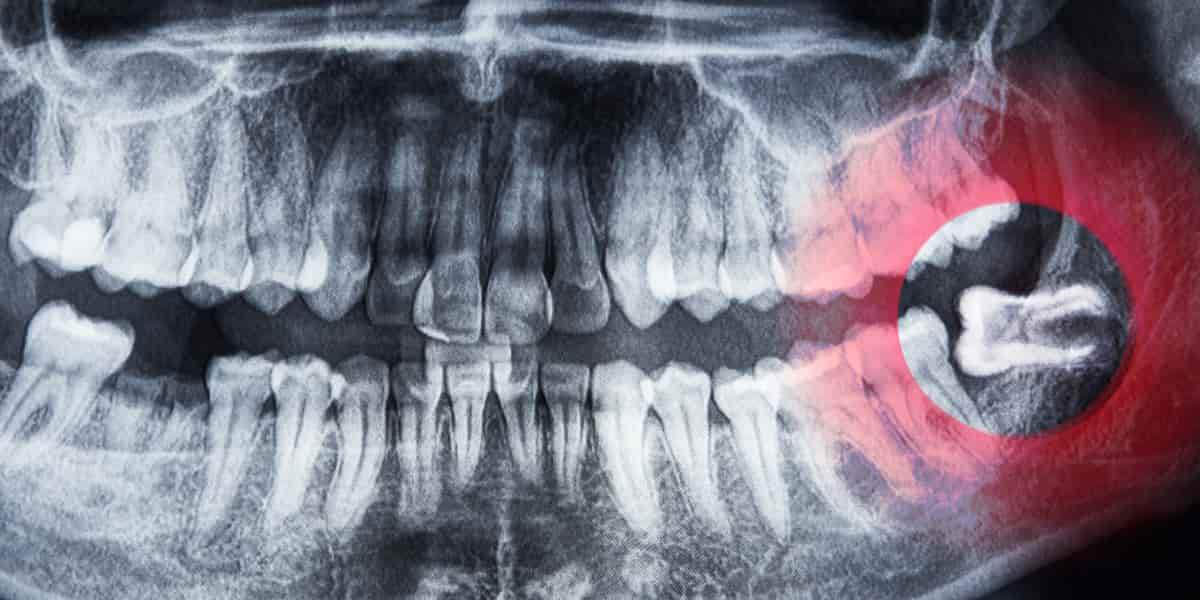What Is Wisdom Teeth
Wisdom teeth, also known as 3rd molar teeth, are a common topic of discussion in the dental world. Many people wonder whether everyone has wisdom teeth or if they're a feature exclusive to certain individuals as well as question whether they should remove it or not. In this article, we'll delve into the basics of wisdom teeth, addressing common questions and shedding light on their role in oral health.Wisdom teeth are the final set of molars to emerge in the human mouth. They usually appear in the late teens or early twenties, though this can vary widely among individuals. They grow right at the back of your jaw and do not serve any actual useful functioning purpose.
These teeth can cause problems such as crowding, misalignment, or impaction due to insufficient space in the jaw. They often require extraction to prevent complications such as pain and infection to adjacent teeth.
Does Everybody Have Wisdom Teeth
The short answer is no – not everyone has wisdom teeth. While the majority of adults develop wisdom teeth, there is a significant portion of the population that either never develops them or only develops one or two. Many adults have their wisdom teeth missing entirely.Should I Remove My Wisdom Teeth
There is a common misperception about wisdom teeth, which is sometimes reinforced by amusing internet videos of people after extractions. The removal of wisdom teeth is not always necessary, despite what the general public believes. In actuality, if your wisdom teeth aren't bothering you, you don't need to pull them out. There is no scientific evidence to support the routine removal of healthy wisdom teeth.
When Should You Remove Wisdom Teeth
When it comes to the question of when to remove wisdom teeth, several factors come into play. So, when do they need to be taken out? There are a few instances when you should remove them:Impaction
If your wisdom teeth are impacted, meaning they don't have enough room to come in properly and are stuck below the gum line or bone, they can cause pain, infection, and other problems.Crowding
Wisdom teeth can crowd your other teeth, which can lead to misalignment and difficulty cleaning your teeth.Damage to other teeth
In some cases, wisdom teeth can damage your other teeth by pushing on them.Oral disease
Wisdom teeth are positioned at the back of the mouth, making them challenging to clean properly. This can lead to the accumulation of food particles, plaque, and bacteria, increasing the likelihood of oral disease.Sinus problems
In rare cases, wisdom teeth can contribute to sinus problems.If you are experiencing any of these problems mentioned above, your dentist will likely recommend that you have your wisdom teeth removed.

Age For Wisdom Teeth Removal
The ideal age for wisdom teeth removal typically falls between 16 and 25 years old. During this period, the roots haven't fully formed, making extraction less complex and leading to a smoother recovery. The lower risk of damaging nearby nerves or tissues is attributed to the wisdom teeth not being firmly anchored in the jawbone.While the age range provides general guidance, there's no strict cut-off age for wisdom teeth removal. You can still have them addressed by an oral surgeon later in life if they become problematic.
In summary, the decision to remove wisdom teeth should be guided by individual circumstances and dental health. If your wisdom teeth aren't causing problems, extraction is generally unnecessary.
Regular dental check-ups are crucial for monitoring wisdom teeth and addressing any concerns that may arise over time. For personalised dental care advice, seize your opportunity for a free consultation today to understand the solutions for teeth straightening and wisdom tooth removal.
